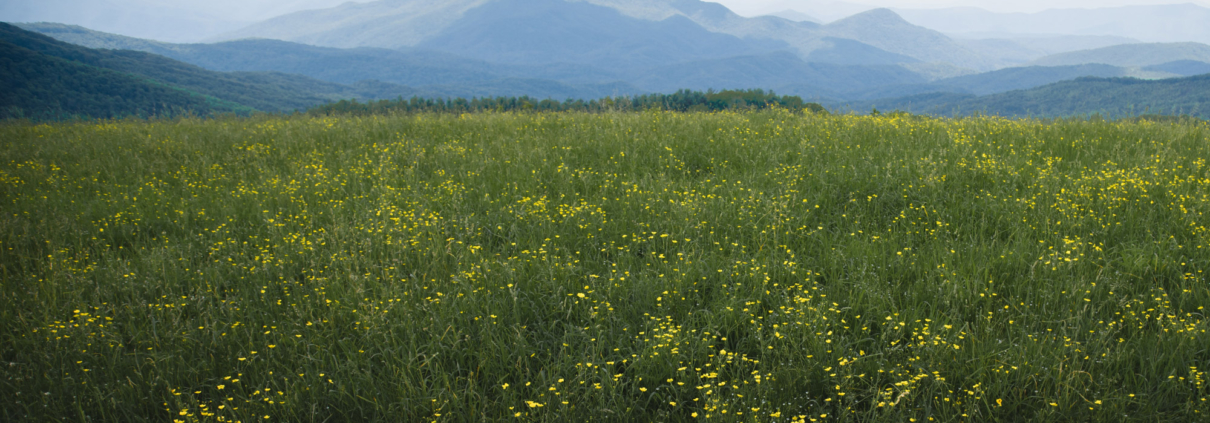
“Empowerment” and “Empowered” have become trendy and overused. I have found that the coronation of a word into the mainstream often signifies the concept is an essential one in our human evolution; however, in this widespread usage we tend to sacrifice the meaningful quality of the word in integrating it into mainstream culture. In this sacrifice, we cheapen signifance into a marketing tool and gatekeeper for “members only clubs” of societal groups (often created to numb trauma responses and vulnerabilities). In this abdication of meaning, I sometimes can feel triggered by words and phrases like, “mindfulness,” “be here now,” and – yes – even “empowered.”
All three of these examples are sacred to me – they are some of my fundamental practices and largely have become integral in the homeostasis I have cultivated in my human system. So how do we maintain the sacred amidst trendiness, overuse, and commodification? I will offer two options here, which by no means indicates they are the only options, just that they are the easiest for me to relate in this format of a written blog post. (1) Defining for OURSELVES what these practices mean, and (2) Conversation with Curiosity.
Let’s start with Number 1. I will offer the current working definition of “Empowerment” that I have arrived at today, as I write and edit. In so doing, one of my intentions is to empower YOU to explore what empowerment means for you and live into your own working definition.
Before working as a therapist at an addiction recovery center, I thought I had a pretty good grip on what “Empowerment” meant. I regarded empowerment as the foundation of my therapeutic practice. Whiffs of anything but empowerment – including but not limited to advice-giving; attachment to “right,” “wrong,” or one objective truth; and making meaning for someone else’s experience – can plant seeds or cultivate whole forests of dependency, self-doubt, and oppression. Now what happens when the situation is life or death?
Life or death: The ever-present, very tangible reality for people suffering with addiction to substances, especially drugs such as fentanyl. I feel the urgency and unknown of this reality every day when I really feel my feelings. In the field of addiction, my work as a therapist and commitment to empowerment-as-medicine has tested my capacity for heartbreak. In honoring someone else’s agency and self-determination in the face of possible death if they choose to return to use, their wellbeing, sanity, and life are on the line. While we cannot get into the complexities in the realities let alone the philosophies of these instances – such as involuntary commitment, capacity for decision-making, techniques like motivational interviewing, etc. – these overarching principles can inform our perspectives, growth, and treatment of ourselves and others.
The heartache in this outer form feels uncomfortable and at times painful. Regardless of the form, though, to tell someone what to do, to judge them, or to try to take away their sacred right to choose their steps is shaming and potentially traumatic or re-traumatizing. Moreover, any of these actions is trying to play God – it can arise from an egotistical sense of self-importance that “I” know better than them. Who am I to write someone else’s story? Who am I to know what someone else’s journey is in this lifetime?
Now, I understand how brutal empowerment can be. Empowerment asks us to Let Go. To let go of expectations, comfort, and “should.” To let go of control. Empowerment asks us to feel our way through, especially in the darkness, with our values and wisdom as our buoys. While we let go of our agendas and the façade of “knowing” or “knowing better,” we open the doors to being who we truly are and to living authentically, in integrity, and confidently in any situation.
I continue to regard empowerment as foundational in my therapeutic practice. Now, the word and its corresponding qualities have more gravity. Stripped away of its trendiness and advertising implications, empowerment may hold the key to our personal liberation and our collective ability to see and feel and love the messiness of being human and humanity itself.
After that brief overview that could be extended into days or even a lifetime of exploration, we now have arrived at Number 2: Conversation with Curiosity. While I have been in living-conversation through my experiences, work, reflection, and services, the collaboration never ends if we are committed to the path of growing, vitality, and – yes – empowerment. Here, I open this typed-out monologue of sorts to YOU. You: an important and essential member of our collective empowerment. What are your thoughts, feelings, and questions? How do you define “empowerment?”




